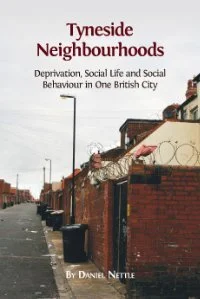By Matías Braun, Francisco Gallego, Rodrigo R. Soares
This paper explores the effects of upgrading deteriorated public squares on economic and social outcomes. We implemented an experiment whereby public squares were randomly selected to be renovated in 28 fragile neighborhoods of the metropolitan area of Santiago, Chile. We find that, after the intervention, households in treated neighborhoods increased their use and maintenance of public space and experienced an increased sense of ownership over their neighborhoods. Treated neighborhoods also experienced improvements in public security both in the public square and in the neighborhood. There is also evidence of an impact on trust and participation in community organizations and a reduction in leisure outside the neighborhood. The results are stronger in neighborhoods with low initial levels of public security but with relatively higher initial levels of social capital. We find that certain physical features (the presence of public lighting, the presence of a close public transportation stop, and the absence of economic activities related to alcohol consumption) affect the strength of the treatment. All these suggest that the effect of upgrading public spaces is highly dependent on other characteristics of local communities. JEL: K42, O18, R53 Keywords: public space recovery, crime, social capital, urban infrastructure
IZA Discussion Papers, No. 16269, Bonn: Institute of Labor Economics (IZA), 2023. 48p.



